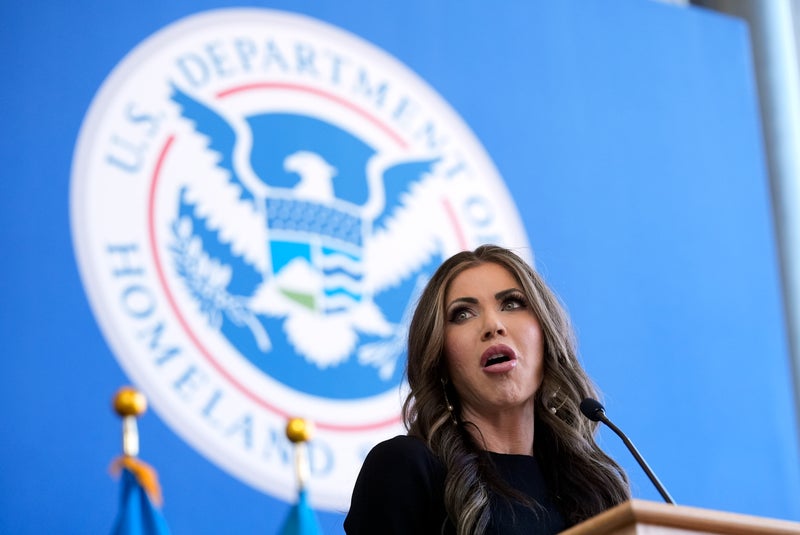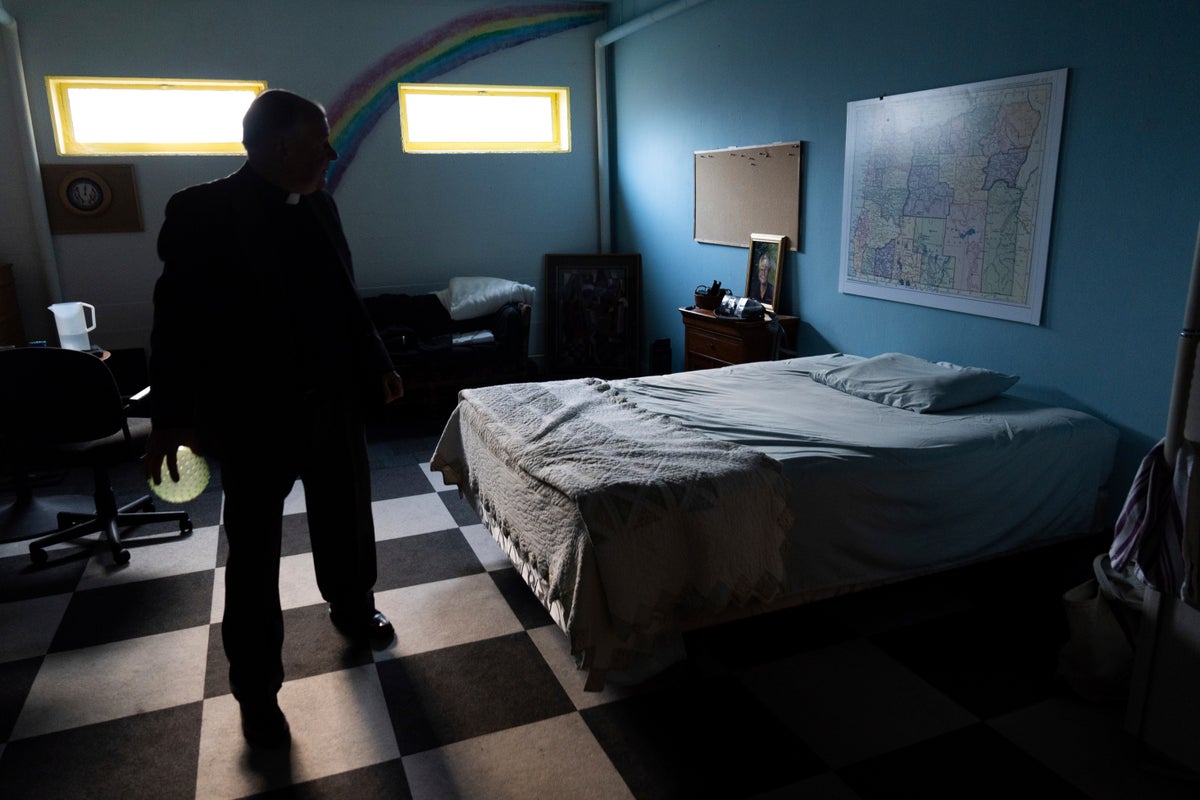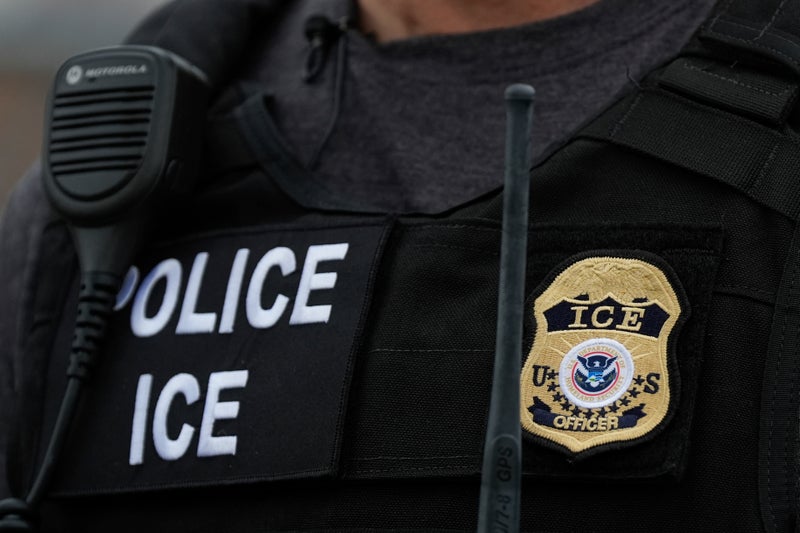Among the other plaintiffs are the Christian Church (Disciples of Christ), with more than 3,000 congregations; the Church of the Brethren, with more than 780 congregations; the Convención Bautista Hispana de Texas, encompassing about 1,100 Hispanic Baptist churches; the Friends General Conference, an association of regional Quaker organizations; the Mennonite Church USA, with about 50,000 members; the Unitarian Universalist Association, with more than 1,000 congregations; the United Synagogue of Conservative Judaism, with more than 500 U.S. congregations; and regional branches of the United Methodist Church and the United Church of Christ.
The plaintiffs in the new lawsuit represent a vastly larger swath of American worshippers — including more than 1 million followers of Reform Judaism, the estimated 1.5 million Episcopalians in 6,700 congregations nationwide, nearly 1.1 million members of the Presbyterian Church (U.S.A.), and the estimated 1.5 million active members of the African Methodist Episcopal Church — the country’s oldest predominantly Black denomination.
More than two-dozen Christian and Jewish groups representing millions of Americans — ranging from the Episcopal Church and the Union for Reform Judaism to the Mennonites and Unitarian Universalists — filed a federal court lawsuit Tuesday challenging a Trump administration move giving immigration agents more leeway to make arrests at houses of worship.
The memo said that immigration enforcement affecting houses of worship had been permitted for decades, and the new policy announced in January simply said that field agents — using “common sense” and “discretion” — could now conduct such operations without pre-approval from a supervisor.
The lawsuit, filed in U.S. District Court in Washington, contends that the new policy is spreading fear of raids, thus lowering attendance at worship services and other valuable church programs.






















